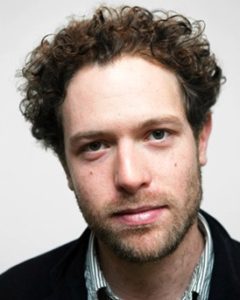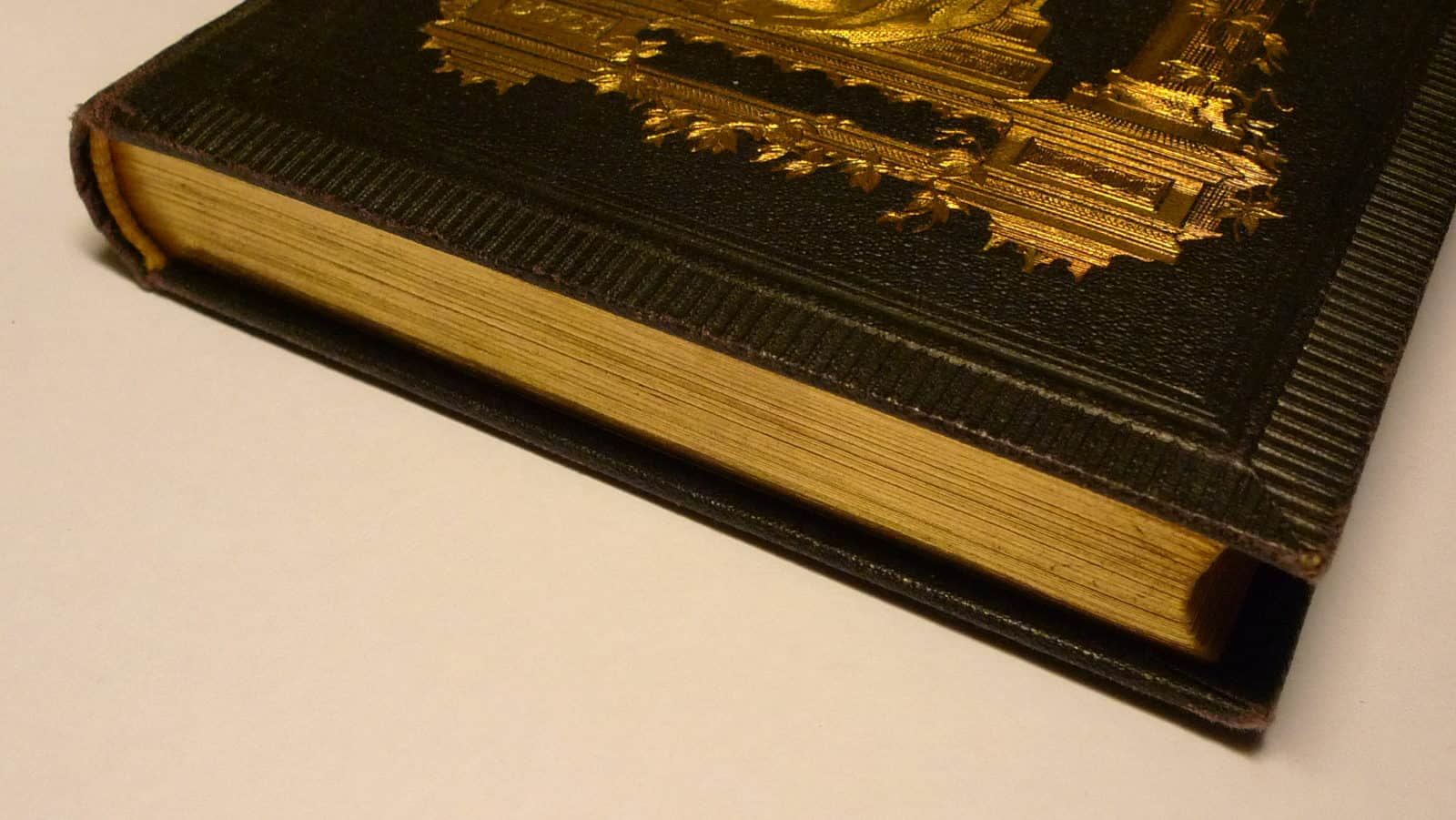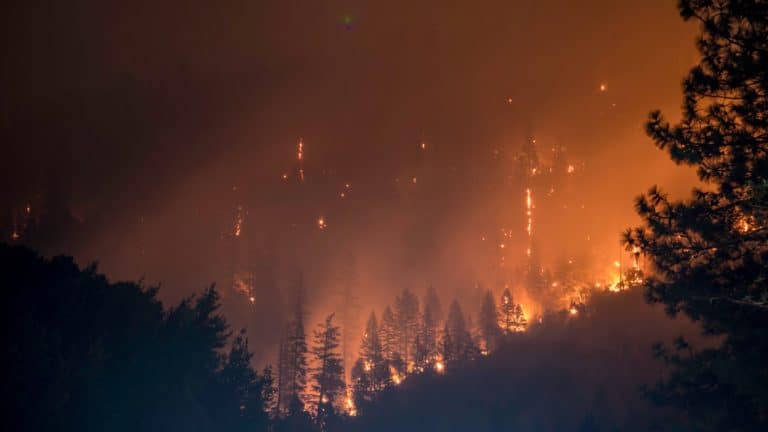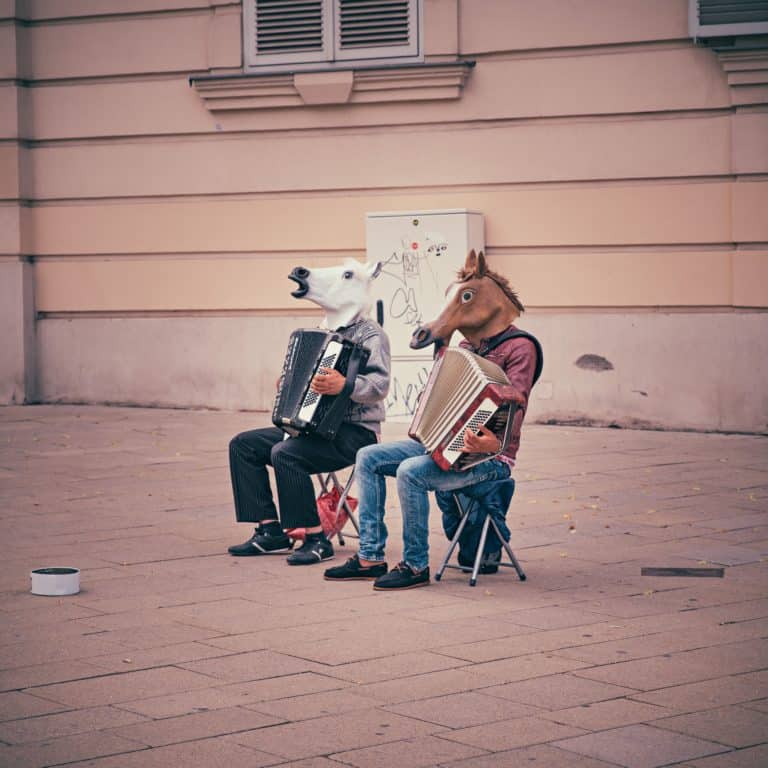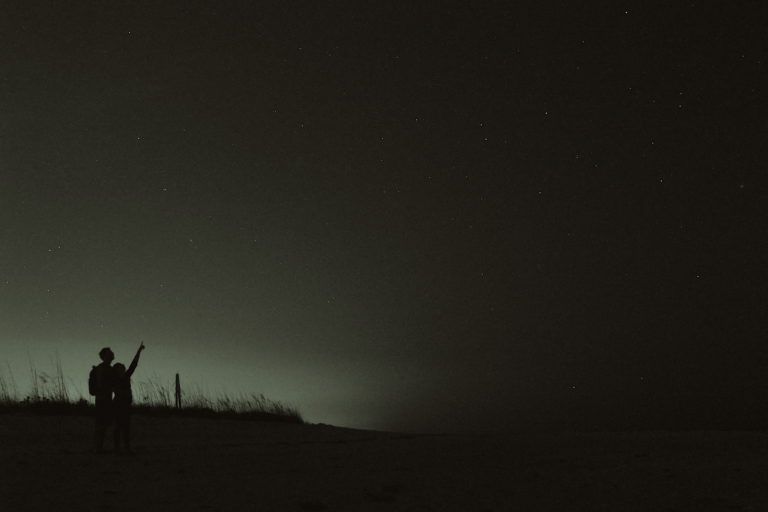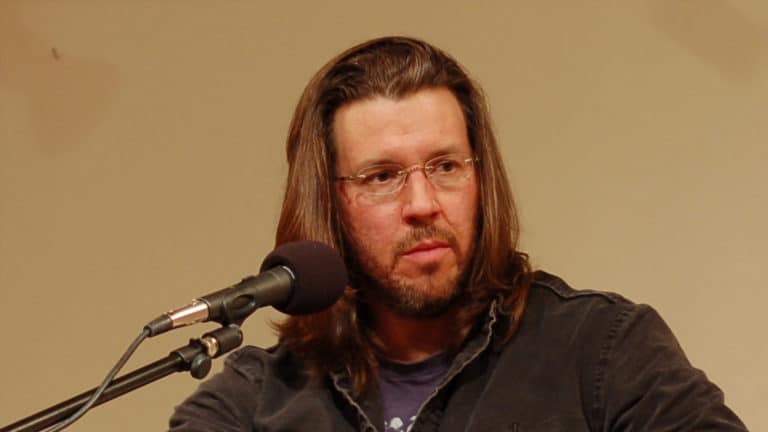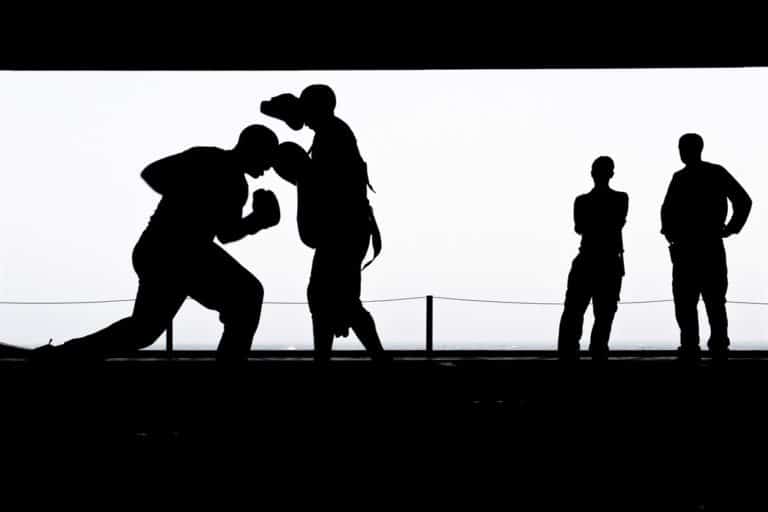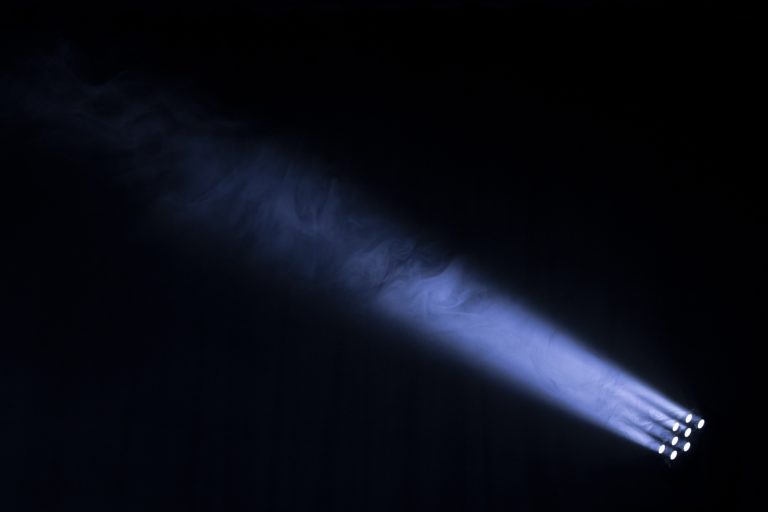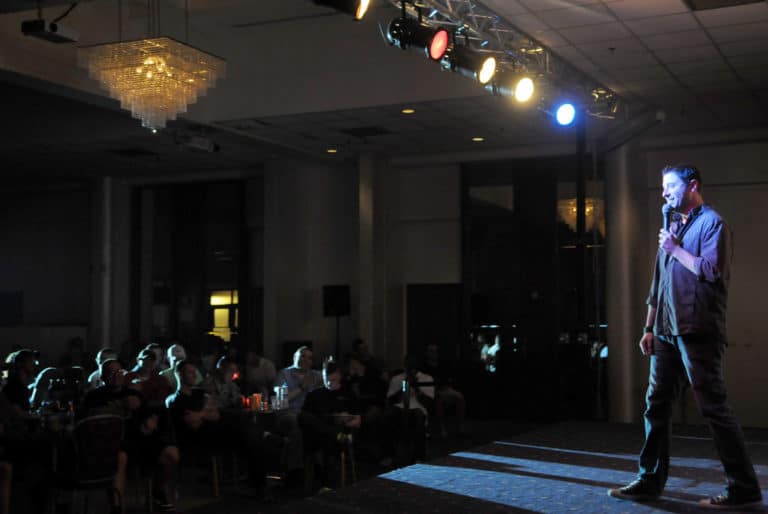Until the day I queried my agent, I was a closeted writer. I had this vaguely superstitious and probably self-defeating belief that to admit out loud to what I wanted—even to friends and family—would be the quickest way to doom my best hope. And so I never seriously considered applying to an MFA program, even if I suspected that my early and muddled attempts at a novel would have benefited from some professional guidance.
At the time, I made to myself many of the old arguments against writing workshops: why pay for something I could do on my own? Why subject my work to a group of competitive writers with their own tastes and ambitions? What good thing has ever been written by consensus? And wasn’t there something ickily pre-professional, something deadeningly business school-like in the idea that you could train to make art in an institution? Around this time, I read about something called aesthetic flattening that supposedly can happen in writing workshops. I pictured a heavyset, bourbon-swilling novelist in threadbare tweed, stomping away festive adjectives and exuberant metaphors, reducing his aspirant students’ work to the sort of stark, minimalist tales that Raymond Carver might have told after a night of heavy drinking.
But I know now that this imagined flattener was more a Saturday Night Live-style caricature than a real writer. When I read the work of writers graduated from these programs, I see the opposite of aesthetic flattening. I see work that is varied, vigorous, original and imaginative. I shouldn’t be so surprised; it’s a lesson as old as art: it takes time and space to produce anything worthwhile. And the culture that has grown into these two-year apprenticeships has, I believe, turned out a new golden age of prose style. Sometimes I worry that we’re approaching a critical mass of quality, the moment that we will have more great writers than great readers in this country.
And yet, with so many varied, vigorous, original voices, why is it just as rare as ever to find a book that gives the great pleasure, the up-all-night, life-eclipsing read? How often, discussing one of these wonderfully original new writers, does the conversation lapse to the same admission, that no one made it past page 150? And when I talk with my writer friends—MFA grads and undocumented writers alike—about just what it is that separates the dullish good book from the great book, I get a feeling like when, as a thirteen-year-old, I thought to ask around a bar mitzvah about what Jews think of an afterlife. It turns out that, behind all the talk of the practice of our craft, everyone believes something different. Here practice cedes to faith, and to make the leap into the extraordinary, I have heard: write what you know, write what you don’t know, write what scares you, write for yourself, write for pleasure, write for catharsis, write to upset your family, write to commemorate, write because, as Bolaño says, it is the opposite of waiting. Writers argue for their own approach, but everyone seems to agree that at the end of the apprenticeship, there is an unteachable something. A creative leap into a new way of seeing, as Hanif Kureishi recently described it.
In trying to describe the internal experience of an MFA workshop, I’m like the abstemious man hopping in the barroom window for a glimpse of the action inside. But at a certain hour the bar closes, and conversation filters out into the city. In that way, as a writer in bookish Brooklyn, I’ve joined the conversation begun inside these programs, and I’ve learned from them—what books I should read and also what questions to ask myself, those questions that hold the transformative magic of great fiction. But after years spent in navel-gazing pursuit of that unteachable something—of asking myself what scares me, what I want to commemorate, what I know, what I don’t know, and so on—I started to wonder if I hadn’t missed a step, one that others might have missed too. I rarely, if ever, stepped outside that dizzying hall of mirrors to ask a very basic question about my own work: would I, in the stress and chaos of my days, need to stop and read this? If no, why not? And if yes, why? What is it that entertains me?
I’ve begun to suspect that, as fiction has followed poetry off the streets and into the university, the lowbrow question of entertainment is often left to skulk outside the door. In hiring workshop faculties, preference is rightly given to literary significance over entertainment value. And because the young writer and the tenured professor in these settings do not so acutely feel the hot poker of poverty bearing into their backsides, they are freer to focus on style, individual voice, a writer’s place within a tradition and a society. I know that these are crucial considerations and ones that probably lead, in the end, to greater art. And I know, too, that great literature is not always great storytelling—some of the best books are defiantly non-narrative. But I have found, when trying to discuss the elements of entertainment with MFA-minted friends, that conversations about the mechanics of good storytelling strangely lapse into shrugs and into a different conversation about the varying opinions on the numinous wellspring of great literature.
But, before making that creative leap, it seems to me that any writer who aims to make a living from his work must ask more artisanal questions: how do you write a story as absorbing as the ones you love? How do you rig a story with high, and ever-increasing stakes? How do you craft memorable, larger-than-life characters? How do you sustain tension, and plant mystery? How do you write a book that you yourself would like to read? And while the answers to these questions might be found in the writing of workshop staples—Sebald, Coetzee, Moore, Saunders, Munro—they also, just as usefully, might come from the sort of light Hollywood fare that tired writers let themselves enjoy at the end of an exhausting week. There is a singular imaginative magic in every great book, but there is also, in the machinery that keeps the pages turning, a lot of learned and practiced craftsmanship.
